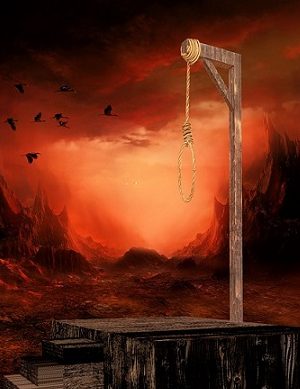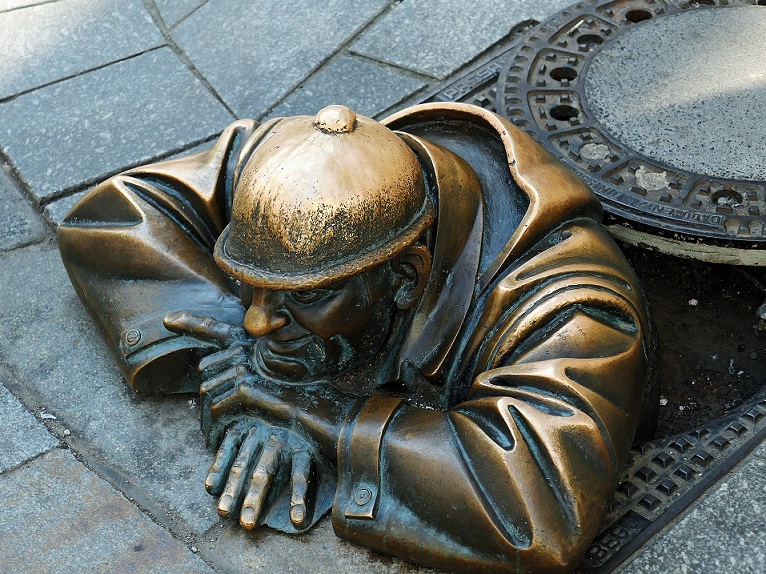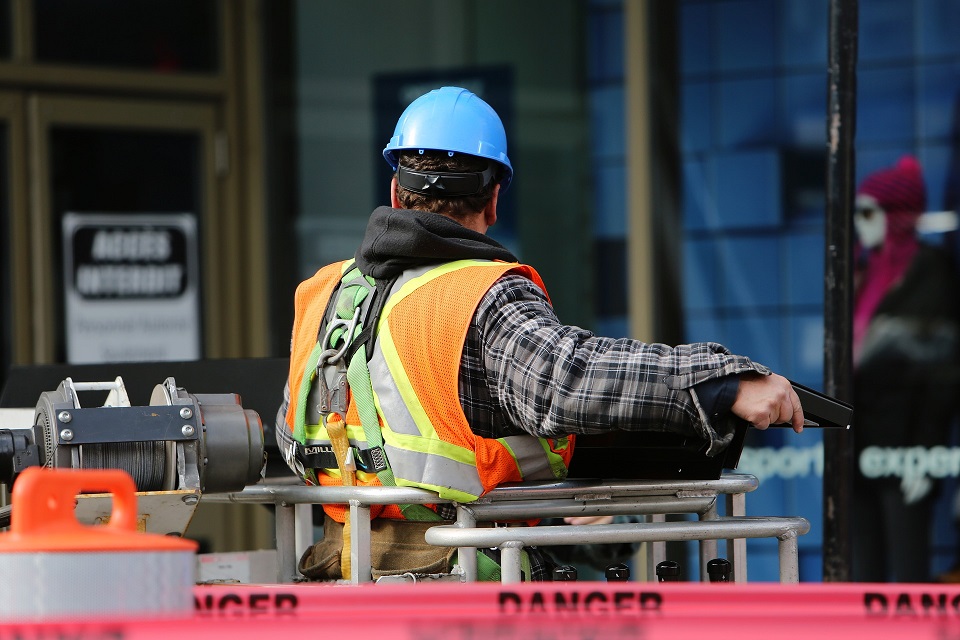The neoliberal discourse proposed, among other things, to put an end to the cyclical crises of the capitalist system, giving way to a scenario of permanent progress for all humanity.
 Juan Diego García
Juan Diego García
That is why one of its central measures was to reduce the role of the state to that of a mere repressive apparatus designed to maintain order, leaving the market with the fundamental role of directing and guiding all other essential activities in the social order.
But the nature of the system and some conjunctural factors have shattered these promises, starting with the deep economic crisis of 2008, which in reality has not been fully overcome and seems to persist almost as a permanent phenomenon with boom and bust oscillations, far removed from the almost idyllic scenario that the neoliberals promised (and continue to promise).
The traditional dynamic of a mismatch between production and real consumption capacity is repeating itself and with it the serious social conflict that the capital-labour pact managed to control for some years. The deep crisis of socialism that weakened communists and social democrats allowed the capitalists to forget the policies of pact with trade unions and left parties and to impose new rules of the game.
However, the crisis does not disappear and the forces of the left are not annulled, so that to varying degrees, social discontent is spreading, often spontaneously and not necessarily as a result of the action of the traditional forms, parties and trade unions of the left.
In recent years, we should add to the economic crisis unexpected factors such as the covid-19 pandemic or wars such as the one in Ukraine, which in various ways complicate the management of economies and hinder governments’ management capacity and generate an atmosphere of very acute insecurity. An atmosphere of a lack of prospects, of darkened horizons that cause so many manifestations of collective imbalance and which manifest themselves in a very dramatic and even pathological way.
 Some capitalist ideologues propose to introduce reforms, even partial ones, to the neoliberal model in order to control the current social unrest (which is happening practically all over the world). Some governments, such as that of the president of Spain, Pedro Sánchez, are betting on this tendency.
Some capitalist ideologues propose to introduce reforms, even partial ones, to the neoliberal model in order to control the current social unrest (which is happening practically all over the world). Some governments, such as that of the president of Spain, Pedro Sánchez, are betting on this tendency.
It would not be a question of completely dismantling the current neoliberal model, but at least of moving towards forms that respond to the current correlation of forces and, in the best case scenario, returning to some form of welfare state. Other ideologues, on the contrary, propose to intensify neoliberal measures and let normal market dynamics allow some form of new equilibrium to be reached. The former would like to see capital and labour come to some kind of agreement on the management of social wealth; the latter see this as a dangerous door that would open the way to greater chaos.
It is not for nothing that they propose very tough measures to repress discontent and allow security to be born out of private initiative rather than relying on traditional forms of state control.
The case of the private possession and legal use of arms, which until recently was a phenomenon exclusive to the United States, seems to be gaining adherents even in countries where it would seem absurd. And this is worse in the countries of the periphery where almost always, in addition to official violence (legal and illegal in so many cases), the owners of capital exercise direct armed violence to repress social discontent and secure their interests.
 For the time being, some governments’ intention to reform the neoliberal model has been registered, but in a rather weak form. At the same time, those who propose to intensify it with measures that in many cases show clearly fascist traits are on the increase, since in addition to promoting the full hegemony of the market, they are advancing in the limitation of traditional liberal democracy itself. What is a drama in the central nations of the capitalist system becomes a brutal regression of the few advances that have been achieved in the periphery, in the poor countries. At the international level, things are no better, mainly due to the breakdown of the world order that guaranteed the hegemony of the traditional metropolises, the United States, Europe, Japan, etc.
For the time being, some governments’ intention to reform the neoliberal model has been registered, but in a rather weak form. At the same time, those who propose to intensify it with measures that in many cases show clearly fascist traits are on the increase, since in addition to promoting the full hegemony of the market, they are advancing in the limitation of traditional liberal democracy itself. What is a drama in the central nations of the capitalist system becomes a brutal regression of the few advances that have been achieved in the periphery, in the poor countries. At the international level, things are no better, mainly due to the breakdown of the world order that guaranteed the hegemony of the traditional metropolises, the United States, Europe, Japan, etc.
If at first the fall of the USSR ensured the full hegemony of the West, the unfolding of events soon showed that a radical change was taking place on the world stage. Russia has recovered and China has made such remarkable progress that it could now or very soon become the world’s leading economy.
The creation of a bloc of nations as an alternative to the traditional powers – the so-called emerging powers – with China as a decisive component is gaining ground every day. This new bloc, which already disputes with the West for control of markets, raw materials and zones of influence (BRICS), is now joined by new partners closely linked to energy production, food, strategic minerals or simply with a not inconsiderable role in the control of trade routes.
 Russia’s recovery and the increase in the number of countries with nuclear weapons has put an end to the West’s nuclear monopoly. Even countries of lesser importance in this power game, such as North Korea, now have as a deterrent weapon their atomic power, which, while not comparable to that of the West, is sufficient to protect them from military intervention.
Russia’s recovery and the increase in the number of countries with nuclear weapons has put an end to the West’s nuclear monopoly. Even countries of lesser importance in this power game, such as North Korea, now have as a deterrent weapon their atomic power, which, while not comparable to that of the West, is sufficient to protect them from military intervention.
It is not known what has happened to Iran’s progress in this field, but it is not unlikely that Tehran will go down the same path, given the existence of such weapons in its main threat in the region, Israel. Thus, the current capitalist system faces an enormous challenge after the resounding failure of the neoliberal model: to re-establish at least partially the Welfare State (in all its multiple expressions) or to further deepen the current model with the obvious risk of increasing social inequalities (taken to the extreme by neoliberalism) and fomenting social discontent and popular protest.
Moreover, the traditional powers, the metropolitan countries of capitalism, are watching with great concern how the so-called “emerging powers” are advancing, achieving great autonomy in all spheres: economic, technological and military, and gaining more and more sympathy on the periphery of the system, where the power of these traditional powers was unquestionable.
 In this dilemma, two solutions are proposed: either to seek a new world order by sharing hegemony with the new powers, advancing towards a kind of integration with mutual benefits, as proposed by the BRICS countries and the more sensible minds in the West, or to wage an all-out war to subdue China and its allies, a war not necessarily involving atomic weapons but one of unparalleled destructive dimensions.
In this dilemma, two solutions are proposed: either to seek a new world order by sharing hegemony with the new powers, advancing towards a kind of integration with mutual benefits, as proposed by the BRICS countries and the more sensible minds in the West, or to wage an all-out war to subdue China and its allies, a war not necessarily involving atomic weapons but one of unparalleled destructive dimensions.
The former respond to the interests of many businessmen who are already making profits in their dealings with these new powers, while the latter express the interests of the so-called “military-industrial complex”, which is not limited to the United States and for whom arms sales are the main source of profits.
Another issue to think about are the challenges in the political-institutional sphere, with the enormous fragmentation of political parties, the emergence of so-called “populisms”, the resurgence of an extreme right with openly fascist overtones, the increase in abstention, the discrediting of political activity and the emergence of pathetic characters as party leaders. All of this, within the framework of a social order charged with pessimism and which, rather than being an instrument of well-being, as a system, is increasingly becoming a lethal risk for the very survival of the environment and humanity.
(Translated by Cristina Popa – Email: gcpopa83@gmail.com) – Photos: Pixabay












.jpg)












